Brevity of Life and Other Poems by Lukman Umar Kankia (Katsina: Darma Digital Prints, 2022)
Ismail Bala
IN LITERARY HISTORY, THERE ARE probably not many successful writers who manage to switch between different genres with equal measure, ease, dexterity, or acclaim. This is not to suggest that there are no writers who write in all the genres with the same level of élan, but not many certainly managed an effortless transition from one form to another, say, from the demands of the long-form, such as the novel, to the intricacies and sensitivities of the poetic form.
The vocation of the writer may, in the end, turn out to be the same across forms and genres. Likewise, the sensibility and the sense of the literary may equally be the same, but it is obvious that each genre—each form even within the same generic mode—has different requirements, and is therefore approached differently. As such, one could argue that a seeming success and deft handling of a particular genre does not, to the same degree, mean the ability or mastery to handle other genres.
Lukman has previously published four novels including The Dirty Game (2014), Tears of Agony (2016), Birds of the Same Feather (2017) and When We Were Children (2017) to healthy acclaim informed, among others, by the adoption of these books as set texts in many universities or as part of the secondary school curriculum. He has now published two more novels (Apologists, My Princess’ Cousin) in addition to the present book under review.

Probably it is too early to say Lukman Umar Kankia has made a successful transition from writing novels to poetry— that is for the critics to argue it out with the measure of authority known to them—but what is apparent is how he has brought to bear those qualities, that over the years, have become the hallmark of his fiction on his new literary love: the lyric in English, with all its daunting demands and legendary difficulties.
The poems collected in Brevity and Other Poems represent the poet’s struggle to balance the demands of his artistic propedeutic and the needs of his physical milieu. Within them, the poems carry a lingering hope of a just and equitable society and betray a keen awareness of the varied ills of Nigerian society. The marker of Lukman’s poetry is its simplicity and sincerity. The poet’s uncluttered syntax and idiom appear as a suitable bardic means of giving vent to his vision and mission and avail his poetry a disconcerting resonance, musicality and, above all, a place in Nigerian poetry.
Though many of the 22 poems collected here are short, often subtly “epigraphic”, and are written in an almost sparse, bare, simple (though not simplistic) language, devoid, it seems, of any elaborate metaphorization or intricate imagistic concern, yet like his prose fiction, there is so much happening beyond the unruffled surface. Like Philip Larkin, the great British poet, with whom he shares a touch for the mundane that ultimately portends the serious, deceptive simplicity is Lukman’s forte.
Unlike Lukman Kankia’s longer fictional pieces, the poems here betray a streak that is absent in his prose: the ultimate concern with the autobiographical. Many of the poems are about specific experiences yanked off hot and high from the pages of the poet-persona’s life. Examples of such poems that heavily rely on the poet’s “real” experiences include: “Agent of Dour”, “For my Mom”, “Refugees”, “Almajiri” and “Homesickness”.
Neither the neat notional division nor the thematic affinity between the poems collected in Brevity and Other Poems is in any way exceptional. What would be seen to be out of the ordinary is Lukman Kankia’s ability to write poems with the same zeal and poetic maturity in an expansive range of style and voice, without slightly losing focus of the over-arching thematic horizon of the poems. The poet seems adept, indeed snugly at ease, with both short and relatively long lines. Like the pre-eminent Nigerian poet, Niyi Osundare, he can handle the short line with uncharacteristic virtuosity and an amazing level of rich concession to acoustic-rhythm. The poem “In the Name of the Prophet” is a case in point:
Bring me my spear,
bring me my gun.
I'm a soldier fighting
to cleanse the land.
The land is polluted
by the evildoers;
so says the leader.
Sodomy and philandering,
no longer abominable.
Usury in our markets,
bribery in our courts.
The mastery of the short, rhythmic lines in the poem above comes to the fore more forcefully if one pays close, critical attention to how the experience— lived or imagined—that inspired the poem is juxtaposed with, and integrated fully into, the fabric of the poetic form as if it is the most simplistic poetic technique to master. And it is this kind of poem in Brevity and Other Poems that forcefully underline Lukman’s effortless subtlety in forging both craft and theme.
A discerning reader would not hasten to describe these poems with the privileged label of lyrical beauties, since they are about the immutable subjects of the lyric as it is known in the English poetic tradition; like other notable lyrical poets (such as Seamus Heaney, for instance) Lukman does not objectify or sentimentalises his experiences. His voice in those poems (such as “The Veiled”, “My Imaginary Audience” and “Homesick”, among others) may be seen as crispy and compact (language-wise), but the lyricism and the silent refrains mean the poems are as much lyrical as they are also indubitably “political” poems laced through with strident tone and concern. Such an “unexpected turn” in the structure of the poems gives Brevity and Other Poems a different touch, one that has not been mastered or mustered even by those poets who have been writing poetry all their writing lives.
Like Flora Nwapa, Abubakar Gimba or indeed Harold Pinter, (all of whom were better known as novelists and playwrights but later delved into poetry), Lukman Umar Kankia has amazingly mastered the art of saying the most complex of thought, the most private of experience in just a few memorable, simple words, but rendering such with a sensibility and subtlety that long after one’s reading they stick to the mind of the reader like sand to a gum. And the render is left so much the better up.
The few poems pointed out in this review offer the aptest overview of Lukman’s poetry. A deep poetic enthusiasm imbues the poet with the voice and vision to celebrate and criticise not just the object of his admiration and cultural nationalism, but also other things—private, communal, cultural and religious— in the poet’s contemporary society. As such, simplicity and sincerity are forged into a single metaphoric entity in this debut collection.
In fine, Brevity and Other Poems gives us an insight into the poet’s mind and no less flourishes from our reading (critical or appreciative) as a memorable collection of poems. The poems are gifted to the discerning and discriminating reader in a simple (though not simplistic), tone with well worked out metaphors. The poems, as a whole, are all about one thing: life, its paradox, complexity, expectations and challenges. What keeps recurring throughout the poems is the essence of life so effortlessly etched and embellished in the book as a whole. Lukman’s conversational, deceptively simple style makes the poems all the more accessible and enjoyable.
In the end, Brevity of Life and Other Poems is, without fear of contradiction, one of those few debuts that appear once in a while, which are remarkable for how they show, with certainty and surety, what poems of quality should be known for: they should re-invent and recast the language in which they are composed. By engaging in that lofty poetic ideal, the poems collected here heighten the readers’ sensitivity and sensibility.

Ismail Bala writes in English and Hausa. His poetry and translations have appeared in the UK, the USA, Canada, India and South Africa, in journals such as Poetry Review, Ambit, New Coin, Ake Review, Lunaris, A Review of International English Literature and Aura Literary Arts Review, among many others. Born and educated to university level in Kano, he did his post-graduate studies at Oxford. Line of Sight (2020) is his first collection. He is a Fellow of the International Writing Programme of the University of Iowa.
- CALL FOR SUBMISSION: Dear Yusef: Essays, Letters, and Poems For and About One Mr. Komunyakaa - May 25, 2022
- #SubmitNow: Awaiting Revolution Poetry/Essay Anthology - May 21, 2022
- The Straight Path | Adamu Yahuza Abdullah - May 20, 2022






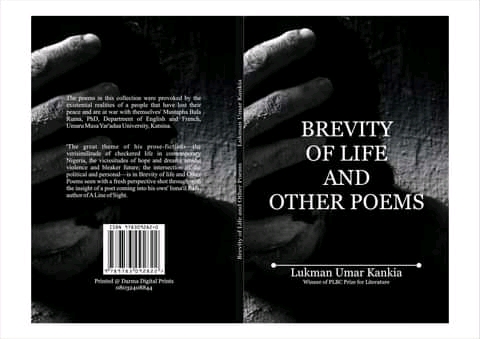
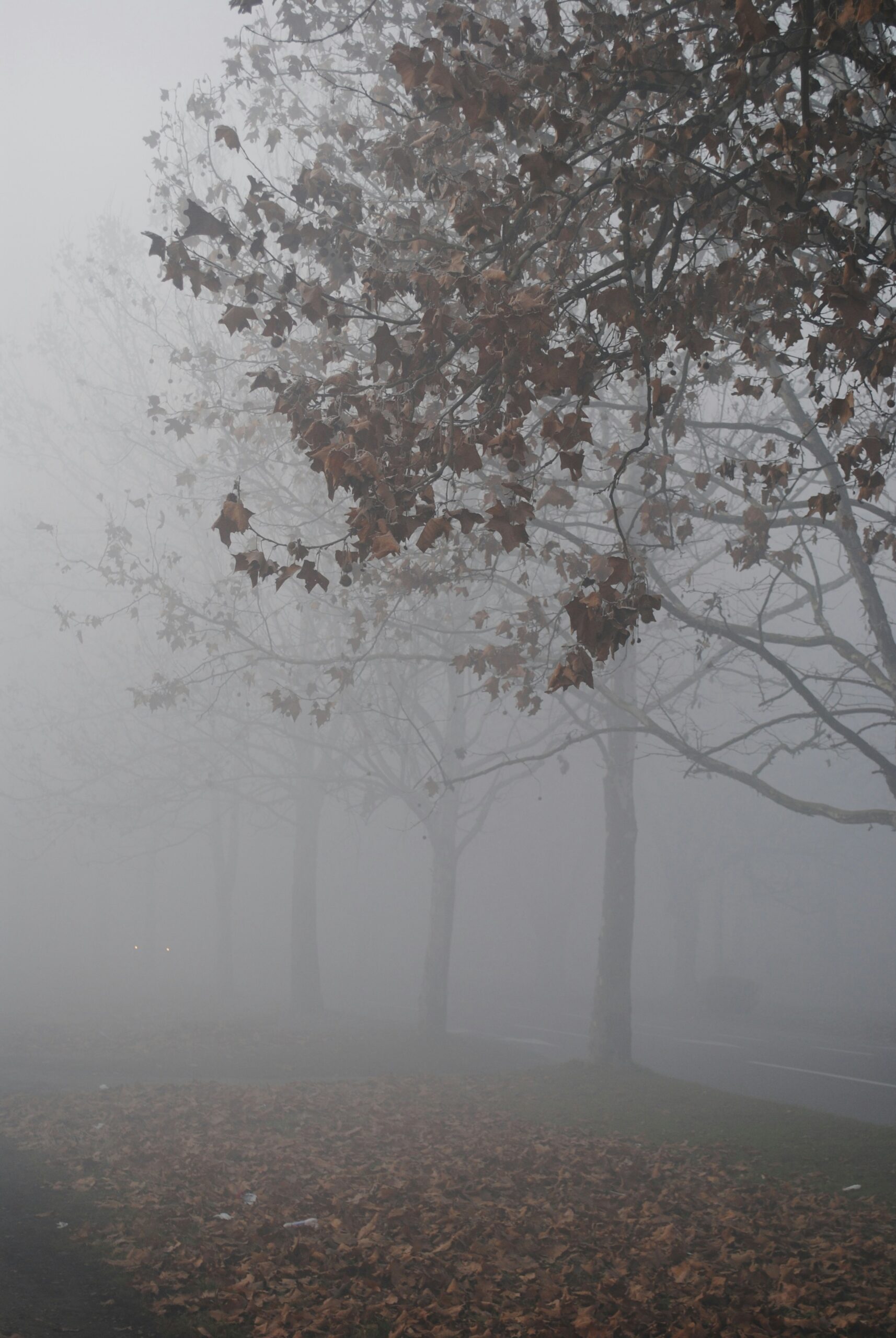
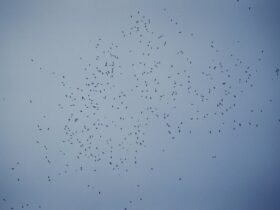
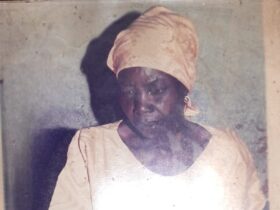

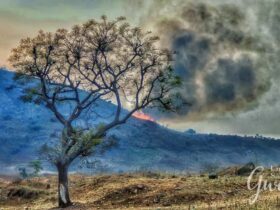

Leave a Reply